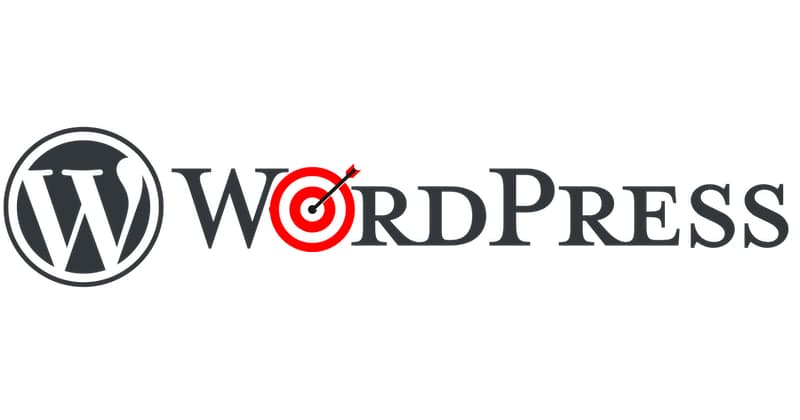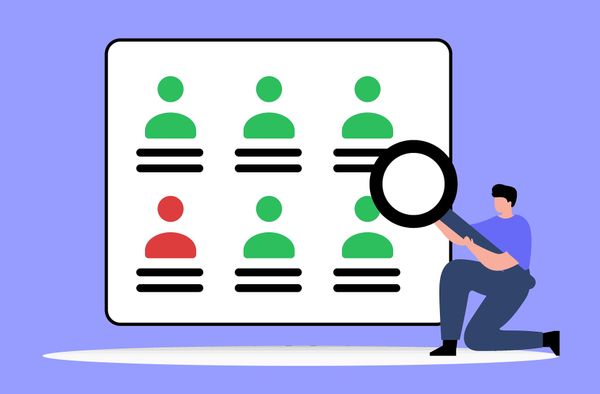Hackers target critical WordPress plugin flaw to install backdoors and create admin accounts

A recently discovered vulnerability in a popular WordPress plugin is being actively exploited in attacks by hackers attempting to install backdoors on websites, inject custom code, and grant themselves admin rights.
The flaw existed in a version of the AMP for WP – Accelerated Mobile Pages plugin, designed to make webpage load faster on mobile devices.
AMP for WP mysterious disappeared from the official WordPress plugin repository on 21 October, with its 100,000+ users greeted with a message saying:
“This plugin was closed on October 21, 2018 and is no longer available for download.”

An update on the developers’ blog, however, claimed that the plugin’s withdrawal was “just a temporary situation” that would be resolved in a “couple of days” once a security vulnerability had been fixed.
The blog post didn’t share much details about the plugin’s security vulnerability other than to say it “could be exploited by non-admins of the site.”
In an apparent attempt to reassure users, the developers said that existing users could continue to use the plugin while they worked on a fix.
Hmm. A plugin has a vulnerability but carry on using it? That doesn’t sound like great advice to me.
Security researchers at WebARX shared more details of the problem last week, after a fixed version of the plugin was finally released.
The researchers explained that vulnerabilities in AMP for WP allowed unauthorised users to change any plugin option, and could even inject malicious code (such as malvertising or cryptomining code) onto the website’s pages.
The existence of the vulnerability is bad enough, but now researchers at Wordfence say that they have seen it being actively exploited in conjunction with a XSS (cross-site scripting) bug to create new admin user accounts with the name “supportuuser” (of course, the attack could change to use other account names).
If your website runs a self-hosted edition of WordPress then it is essential it – and any third-party plugins – are kept updated. At the time of writing, the latest version of AMP for WP is version 0.9.97.20.
Self-hosting your WordPress site has its benefits, but the biggest drawback is that the onus is put on you to keep it up-to-date with the latest patches and updates (or find yourself a managed wordpress host who is prepared to take it on for you). New vulnerabilities are frequently found in the software and its many thousands of third-party plugins – so it’s not something that you can afford to ignore.
My advice? Enable automatic updates wherever possible.
Left unattended, a website running a self-hosted edition of WordPress can be easy pickings for a hacker, potentially damaging your brand, scamming your website’s visitors, and helping hackers make their fortune.
tags
Author
Graham Cluley is an award-winning security blogger, researcher and public speaker. He has been working in the computer security industry since the early 1990s.
View all postsRight now Top posts
Start Cyber Resilience and Don’t Be an April Fool This Spring and Beyond
April 01, 2024
Spam trends of the week: Cybercrooks phish for QuickBooks, American Express and banking accounts
November 28, 2023
FOLLOW US ON SOCIAL MEDIA
You might also like
Bookmarks







